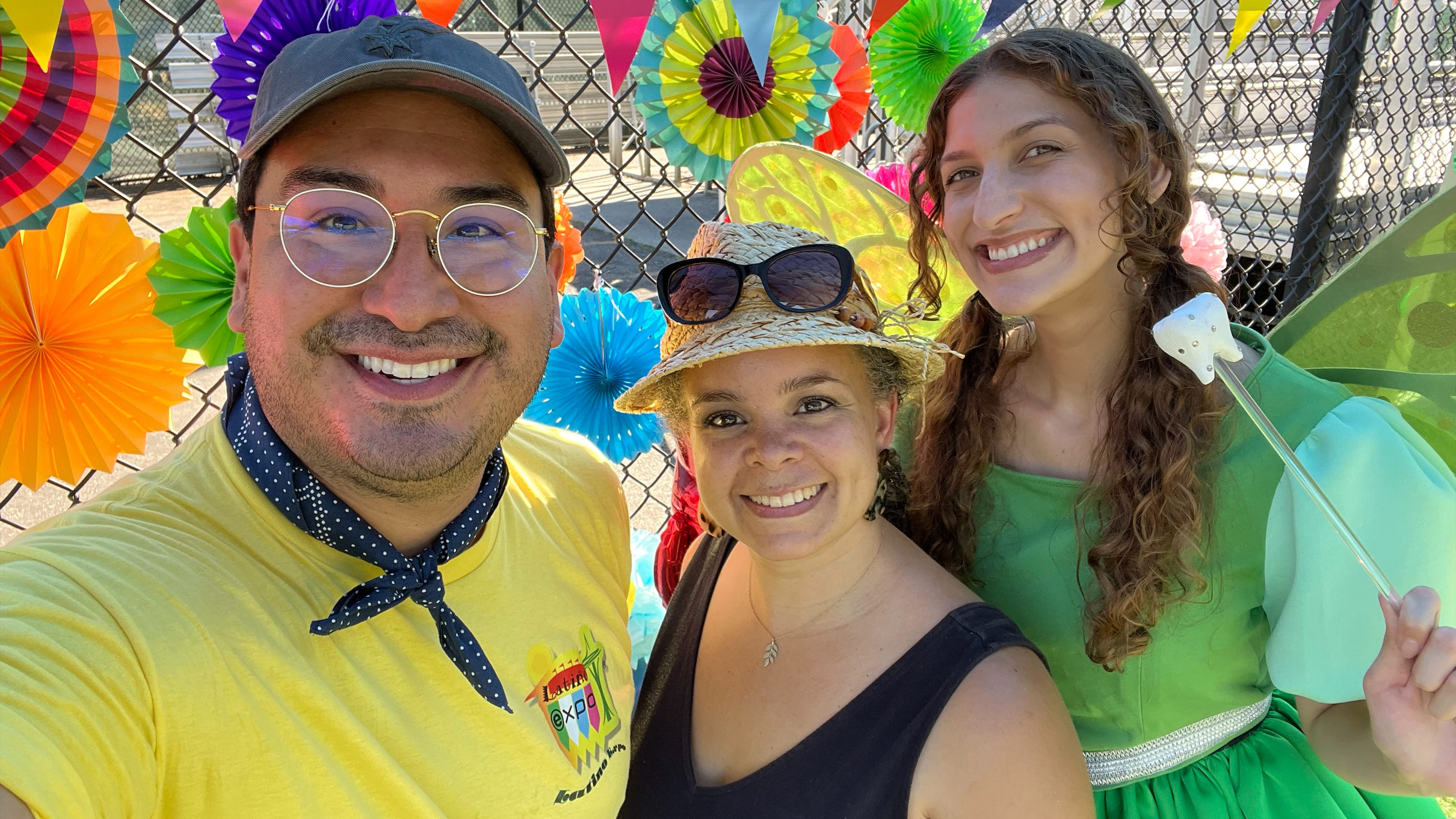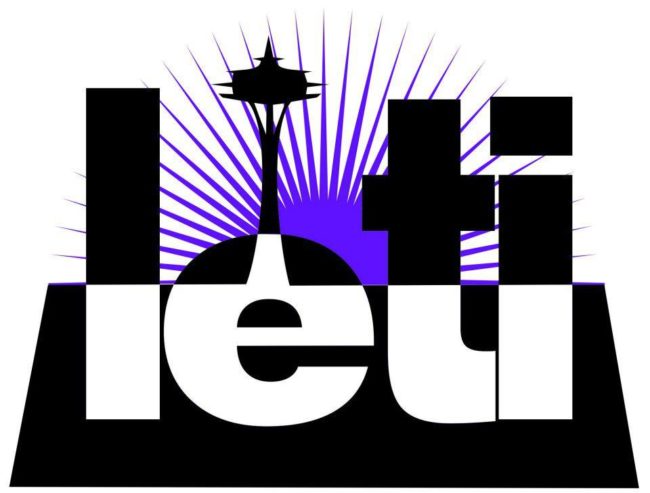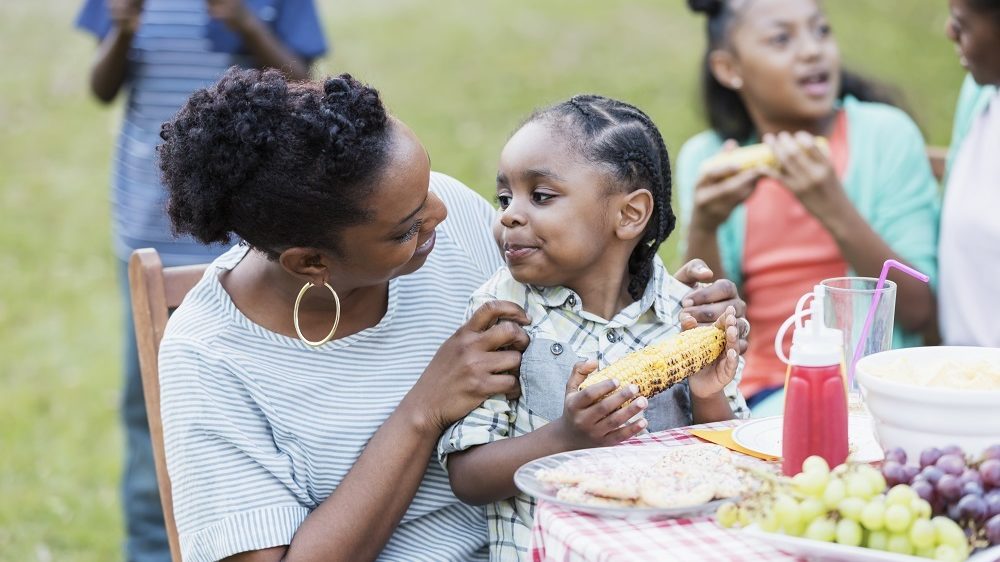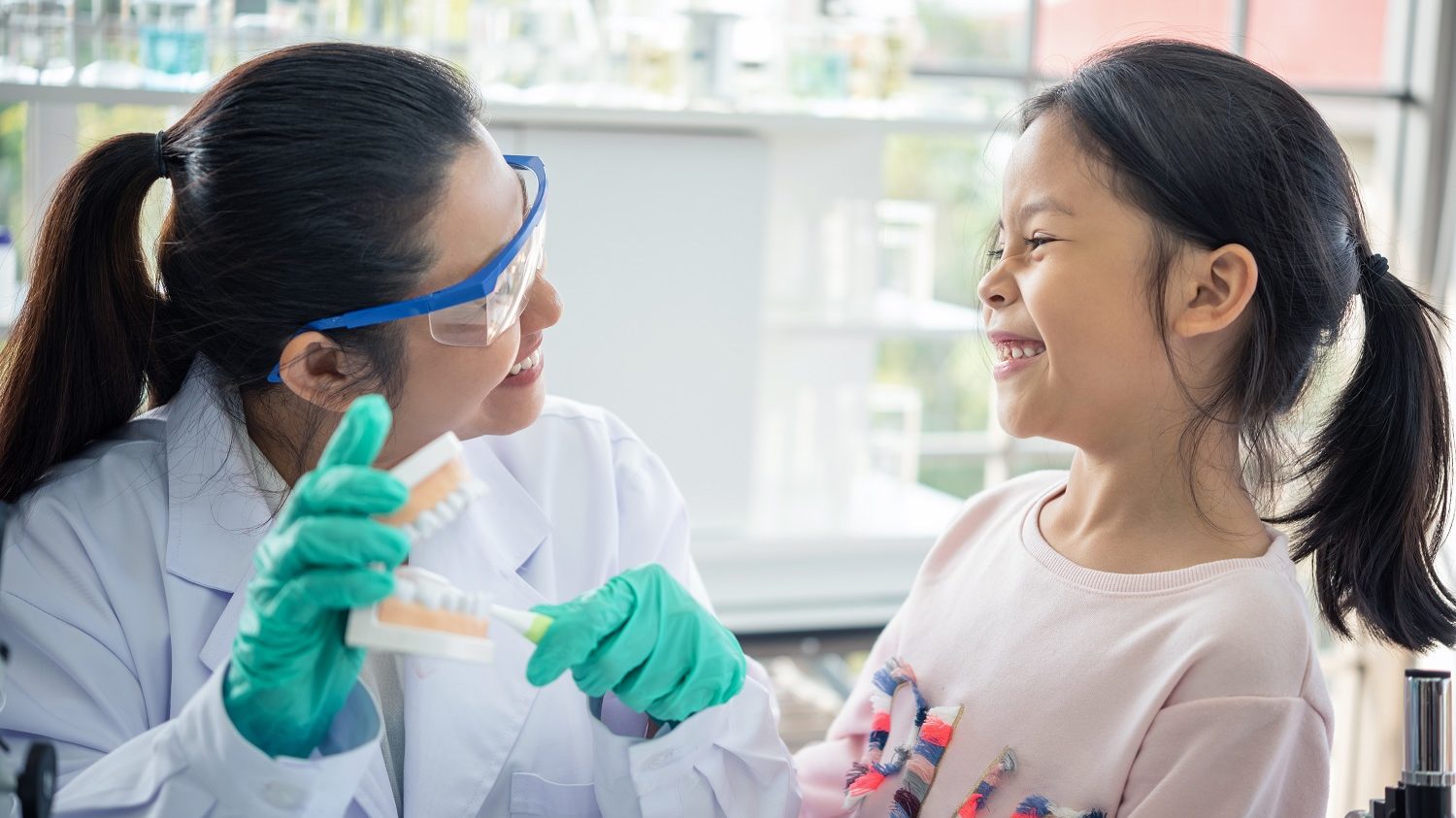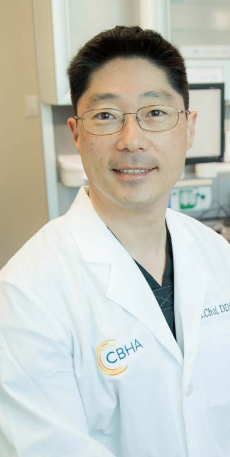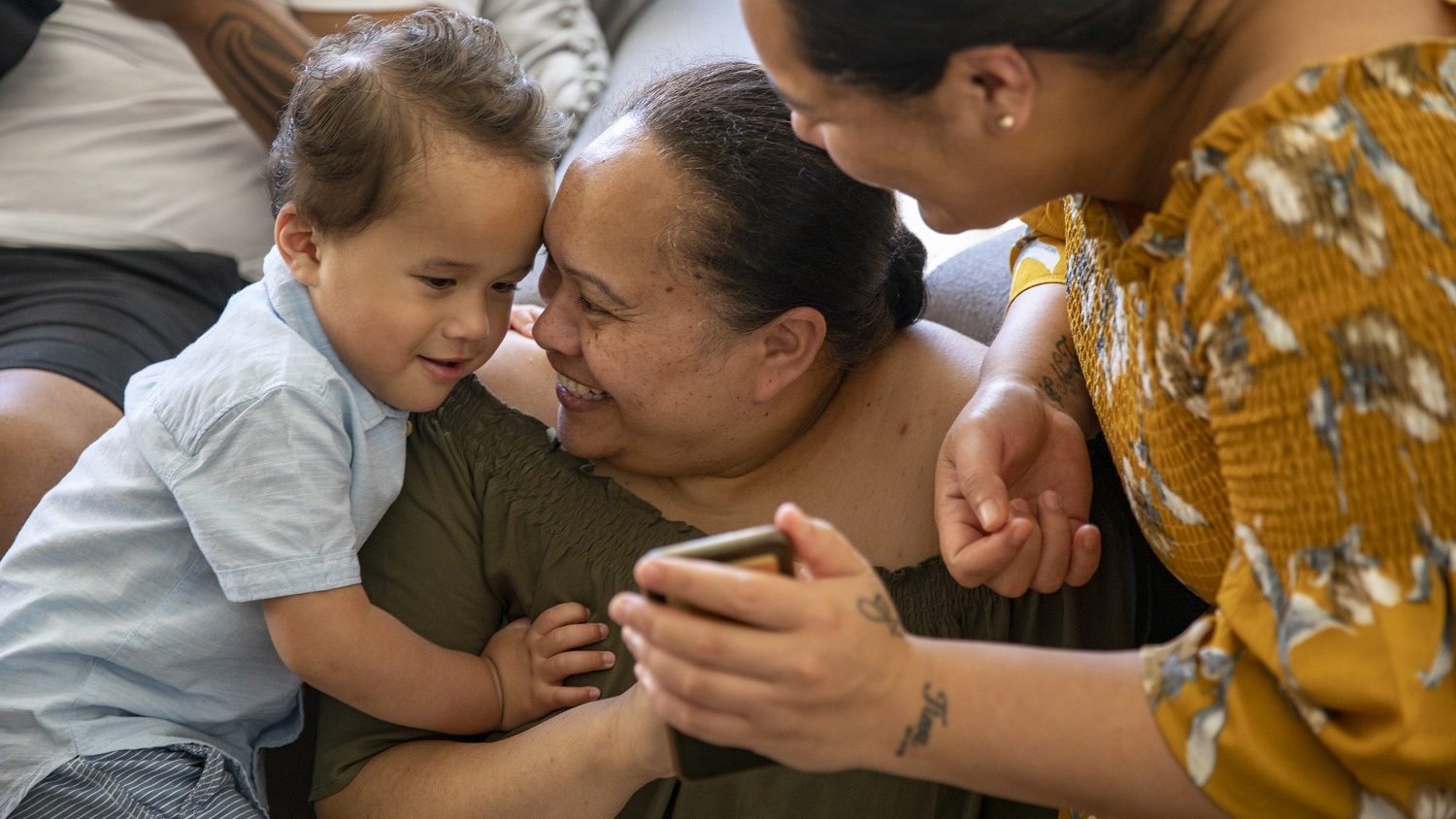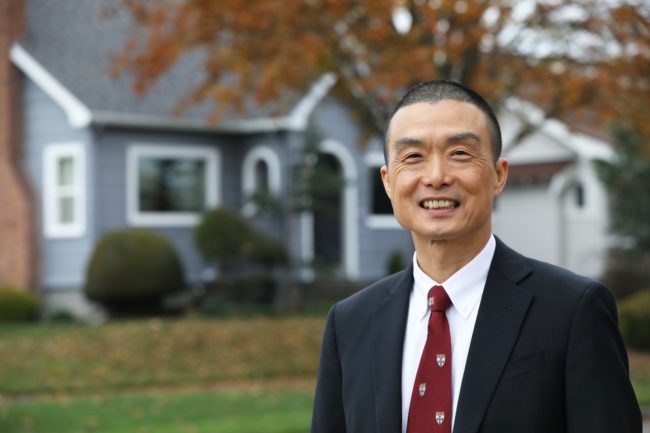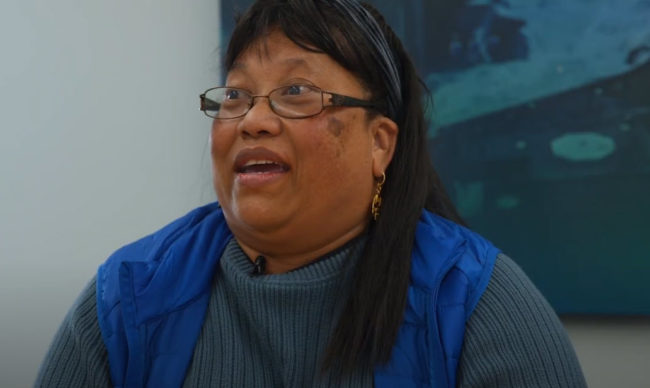This article was originally published in The Seattle Times.
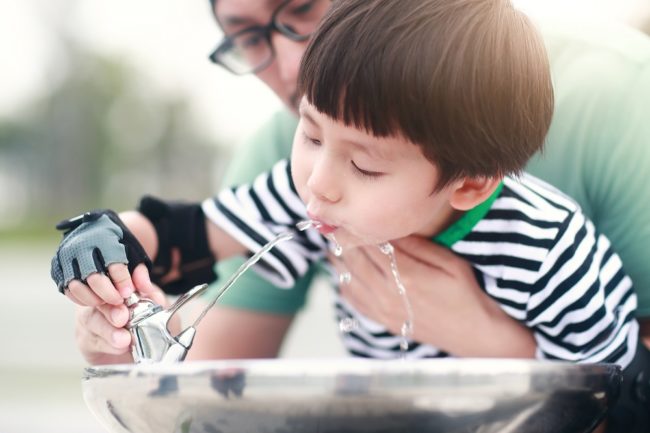
By Arcora Foundation | November 30, 2022
Access to regular dental care, a healthy diet and fluoridated water are key factors that determine healthy teeth. When we’re able to obtain the right balance of fluoride in our drinking water, it strengthens our tooth enamel and reduces decay. However, some water supplies don’t contain enough fluoride to help protect teeth against cavities, so a process known as “fluoridation” is used by water systems throughout the U.S. to adjust the fluoride to an optimal level.
Fluoride, also known as “nature’s cavity fighter,” is a mineral that’s found in Washington’s rivers, lakes and Puget Sound. An overwhelming majority of American health experts encourage brushing twice daily with fluoridated toothpaste and drinking water with fluoride to prevent cavities. Fluoridated water also provides a cost-effective way to boost oral health in underserved communities that too often experience barriers to accessing preventive dental care.
Dr. Sue Yoon, Chief Dental Officer, Community Health Center of Snohomish County, has seen firsthand the difference fluoridated water can make. “I did my residency training in Hawaii, where fluoridated water is not available,” Yoon says. “It was incredible, the extent of decay in our patient population. Sadly, Hawaii has one of the highest cavity rates in our country.” Yoon points out that while fluoridated water is just one layer of protection, it does have an impact. “Fortunately, now where I currently practice in Everett, there is community water fluoridation. It’s one of the easiest cavity prevention strategies we can recommend to our patients — just drink your tap water.”
Dr. Russell Maier, M.D. FAAFP, a family physician and associate dean for Graduate Medical Education at Pacific Northwest University in Yakima, cites fluoridated water as one of the top 10 public health measures in the last century. He says it’s “cheap, safe and effective” — and a way to give everyone access, “if we care to help communities with barriers.”
“When we look at health, there are things we can’t control around our genetics,” Maier explains. “Then there are social determinants over which we have some control.” He uses the example of Americans previously experiencing consistent thyroid problems, which was solved by adding iodine to our salt. Now, he says, you hardly ever see issues developing due to a lack of iodine. Along those same lines, after the U.S. began adding supplements to our cereal and milk, health problems caused by a lack of those minerals and vitamins disappeared.
“Adding fluoride to water is a way to reach the entire population, especially those at the greatest risk and who wouldn’t get it otherwise,” Maier says.
When Maier moved to Yakima in the early 1990s, the city’s water system was not fluoridated. As a health care provider, he simply assumed it was, as many people do. He learned he was wrong, he started a local campaign to fluoridate the water, which proved successful.
This effort currently follows a single-water system approach, Maier observes, though he believes a systemic method would prove more effective. “We can keep going one city at a time,” he says, “though statewide efforts show the most success.”
Ileana Ponce-Gonzalez, MD, MPH, president and executive director of Community Health Worker (CHW) Coalition for Migrants and Refugees, is passionate about the work her organization does. The statewide nonprofit, with its headquarters in Edmonds, aims to “meet the needs of underserved communities by creating sustainable opportunities, implementing innovative solutions and cultivating productive partnerships.”
Among their many offerings, the organization’s Oral Health Program works toward prevention in dental health disparities, conducting workshops that share preventive information on oral health.
“Fluoride is not everywhere now,” Ponce-Gonzalez says, explaining why it is more common to notice residents of rural areas covering their mouths when they speak because they are embarrassed by tooth loss or decay. Her teams teach the benefits of fluoride and share that people can talk to their doctor or dentist about fluoride supplements. “Unfortunately, people who live in areas with no fluoride don’t know that,” she says. “It’s important to know because it can prevent infection and tooth loss.”
The impact of cavities extends beyond dental health, for both children and adults, Yoon says. “Early childhood cavities often lead to pain and infection, then treatment needed under sedation. Even as an adult, untreated cavities can cause toothaches that are debilitating. Anyone who has experienced an abscessed tooth knows that it is impossible to function normally until that gets treated.”
The CHW’s Ponce-Gonzalez works with are independent contractors who then serve the needs of farmworkers. “Our model is that we work with trusted members of the community,” Ponce-Gonzalez explains, “and train them in oral health.” She says it’s especially important to pass along the knowledge they do for the sake of the community’s children and those with chronic conditions.
Education creates a domino effect. Ponce-Gonzalez offers the example of two CHWs in Yakima training 25 people from various families; those folks will in turn go home and share the information with their friends and family. “Educating our community is also social justice,” she says.
A dentist who has worked with underserved communities for over a decade, Yoon also supports efforts to spread accurate information on preventive care, emphasizing the role fluoride plays in their work to equip patients with the tools they need for health. “I would love to see more efforts put toward preventive measures. When working with my patients, I’ve yet to meet one who would rather undergo a procedure, instead of preventing the need for it.”
To learn more about community water fluoridation in Washington state, visit WashingtonWaterFluoridation.org.

